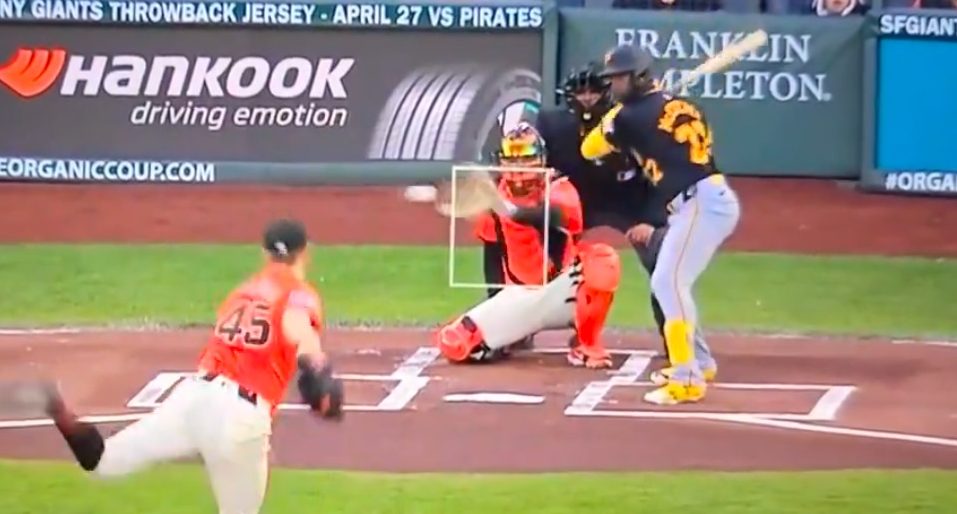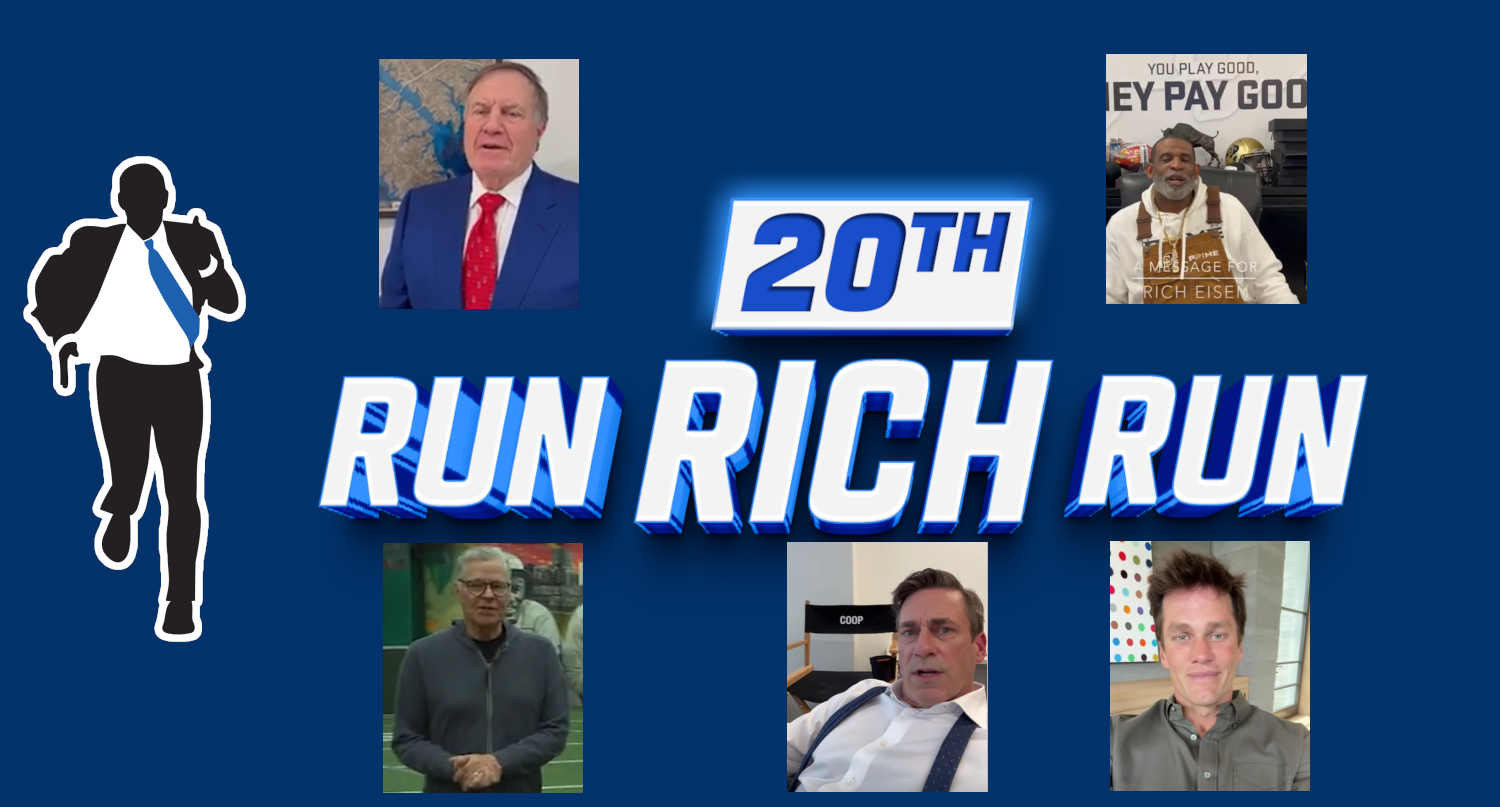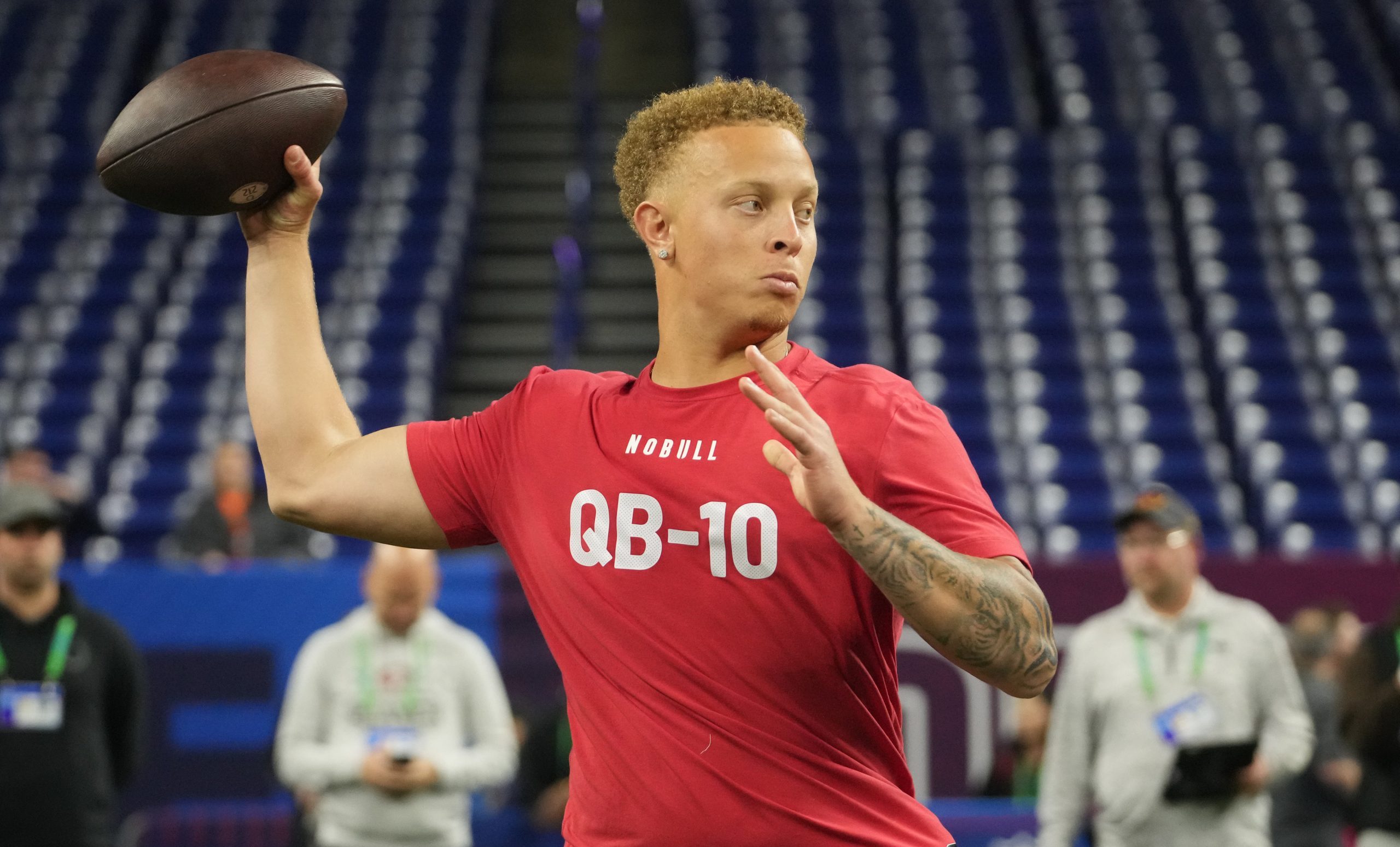Underachiever, bust, squandered potential—Pelicans All-Star Zion Williamson has heard it all. Few players have entered the league with higher expectations, owing to Williamson’s decorated high-school career and a brief but memorable tenure at Duke, where the 6’6” forward earned National Player of the Year honors in 2019. Since then, Williamson has emerged as perhaps the most polarizing player in the NBA, frustrating those who expected him to be an immediate difference-maker.
Though undoubtedly a gifted scorer with the strength and ferocity to impose his will in the low post, Williamson has spent most of his career as a spectator, either watching games from a hospital bed or in street clothes while rehabbing his latest injury. Fair or not, critics have begun to question Zion’s commitment level, citing his weight fluctuation and questionable conditioning as ominous red flags foreshadowing a bleak NBA future. Others have taken the narrative a step further, opining the Pelicans, with Williamson as their centerpiece, will never be a serious contender in the Western Conference.
As a well-known celebrity, Williamson is subject to more criticism than most, forfeiting the privacy and anonymity that ordinary people tend to take for granted. Backlash and negativity unfortunately come with the territory when you’re a star of that magnitude. But there is a line and the media, blinded by the allure of viral fame, will occasionally cross it, rewarding cruel, inflammatory rhetoric that too often punches down.
Constructive criticism is one thing—talking heads on ESPN and elsewhere wouldn’t be of much use otherwise, biting their tongues with watered-down analysis, sugarcoating their words for fear of retribution. But Stephen A. Smith’s fat-shaming of Williamson feels more like bullying, kicking the embattled 23-year-old when he’s down.
“It is shameful,” Smith offered, unprompted, after the Lakers dusted Zion’s Pelicans in the IST semifinals. “Every chef [in New Orleans] wants to meet him because they know he’ll show up to their restaurant. The word out on Zion Williamson is he’ll eat the table.”
There’s a 100 % chance Stephen a smith didn’t quote anyone and he just wanted to cook Zion Williamson lmao mans repeated “ eat the table “ twice 💀 pic.twitter.com/Lv0EcDaFnW
— John (@iam_johnw) December 11, 2023
In his younger years, Smith wouldn’t have reached for such low-hanging fruit, instead taking a more sophisticated approach, imploring Zion to be a better leader and teammate without resorting to cheap name-calling and other below-the-belt jabs unbecoming of a credentialed journalist. But those days are long gone, with Smith fully embracing his heel persona as the troll prince of debate television, mining faux outrage and performative hyperbole for clicks.
Smith is part of the problem, but not all of it. Overreaction theater used to be the exclusive domain of sports radio, a chaotic free-for-all of hysterical ranting, unhinged callers and deranged tribalism. But now what was once a niche genre has gone fully mainstream, incentivizing panelists on popular studio shows to go nuclear, unleashing personal attacks with cartoonish insults bordering on satire. It’s toxic masculinity at its finest, indiscriminately assigning blame to anyone deemed less than perfect, diminishing their accomplishments based on arbitrary criteria largely rooted in recency bias.
The blame game may make for better, more compelling television, but it’s also training fans to ignore issues that require more nuance, unfairly scapegoating individual players while absolving their less heralded teammates of any responsibility. Not that that lets Zion off the hook. Showing up to work overweight and out of shape isn’t going to win you much sympathy with fans, particularly when your job is to play a game.
You’d think, at his $34-million-a-year salary, Zion would feel obligated to take care of his body, but that simply hasn’t been the case, as evidenced by his statistical decline of late (career-lows in scoring, rebounding and field-goal percentage). Though far from a lost cause, Williamson, through four seasons, has not been the era-defining player we were promised, showing scant evidence of the athletic marvel we saw dominate at Cameron Indoor only a few short years ago.
Playing a sport at its highest professional level is a privilege, not a right. Similarly, being a No. 1 pick comes with certain expectations, and, to this point, you could reasonably argue Williamson hasn’t held up his end of the bargain. Given that dynamic, it’s only fair that the media demand some level of accountability, acknowledging Zion’s shortcomings while still keeping an open mind. Speaking from experience as a player often criticized for his eating habits (he weighed over 400 pounds before Pat Riley whipped him into shape), Shaquille O’Neal took a more measured approach, staging a career intervention of sorts on TNT, desperately wanting to prevent his fellow big man from becoming a cautionary tale.
“That was me telling him, ‘If you do this, you can get to the next level,’” said O’Neal, who, like many others in the media, was less than complementary of Williamson’s lethargic performance in the in-season tournament. “We only criticize people that we like. We only criticize people that we believe in.”
"We only criticize people that we like. We only criticize people that we believe in." 💯
Shaq and Chuck respond to Zion's message about their criticisms pic.twitter.com/tz2rf4KCFB
— NBA on TNT (@NBAonTNT) December 20, 2023
“Why would [Zion] worry where it’s coming from?” Charles Barkley agreed. “We want him to be great.”
As NBA alums, O’Neal and Barkley serve as role models to the younger generation of players, layering their criticism with an empathy that Stephen A seems to lack. While it’s not the media’s job to baby athletes, shielding them from the harsh realities of being a public figure, the hot-take industrial complex has made it easier than ever to pile on, chasing Twitter clout by smearing athletes for sport.
America finds itself in the midst of a mental-health epidemic and the trend toward bullying and outright hostility in the media isn’t helping any, treating our sports heroes as targets on a dart board, forgetting that Zion, for all his flaws, is a human being no less susceptible to depression, anxiety and self-doubt than anyone else that walks this blue marble we call Earth. It’s a hard needle to thread, though it is possible to strike the right balance between critical and disparaging, identifying a player’s worst qualities without going overboard with ghoulish potshots only meant to tear them down. Projecting our insecurities on athletes speaks to the entitlement of fans, treating players, not as people, but as vessels for our own entertainment.
Our goldfish attention spans should spare Zion from the kind of prolonged harassment that would make his life Hell. Each news cycle brings more red meat to pounce on, activating the troll instincts of ravenous hot-takers like Skip Bayless and Stephen A, feeding their insatiable urge to spew negativity in any form. Still, we underestimate how easy it is for the general public to parrot those opinions and adopt them as their own, creating a dangerous snowball effect that can push players to their physical and mental breaking point.
Not to paint Ben Simmons in too flattering a light, but his shooting yips, apparent during the 76ers’ playoff loss to Atlanta in 2021, never went away, making him an easy target for the media, twisting the knife as his confidence evaporated like a puddle in a hot driveway. Greg Oden’s story is even sadder. Having the unfortunate distinction of being picked directly before future Hall-of-Famer Kevin Durant in 2007, the seven-footer never panned out, helpless to shape the narrative as others defined his legacy, placing him among the worst draft busts in recent memory. Oden would soon hit rock bottom, continuing to self-medicate with alcohol while living in Durant’s shadow.
We’re allowed to be disappointed by athletes. In fact, it’s encouraged. The beauty of sports is that it makes us feel, mirroring the human experience by eliciting sadness, nervousness, excitement, euphoria and everything in between. But why poison the well when we don’t have to?
Maybe Zion will take his recent criticism to heart, using it as motivation to fuel what could be a rewarding comeback story. But what if he doesn’t? That depends. Do you view athletes, in spite of their luxurious stylings and lucrative salaries, as living, breathing humans, or as content taking you from one commercial to the next?







